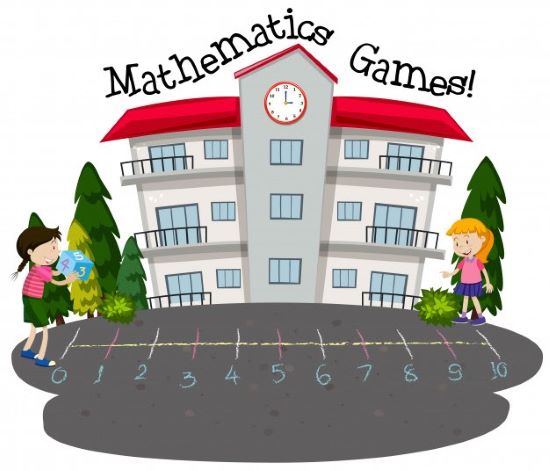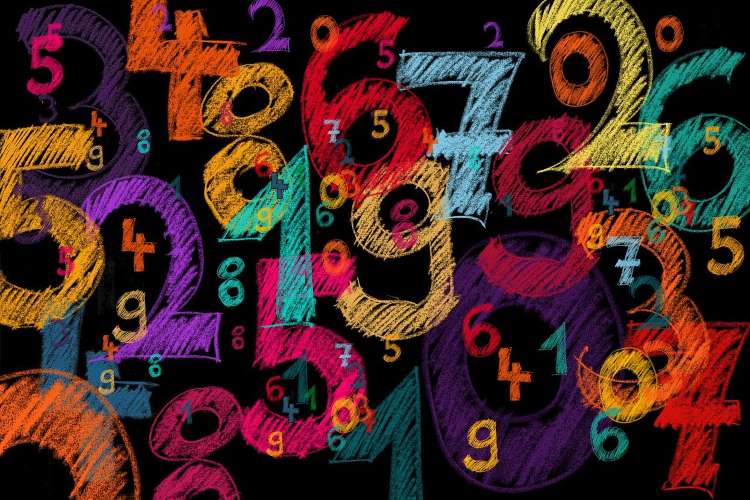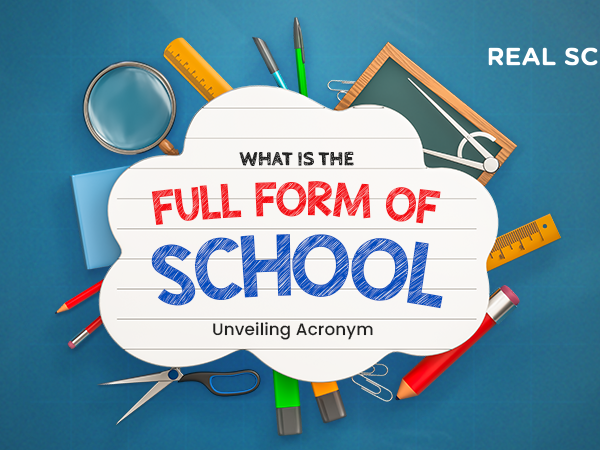Is your 6 years old having a tough time while solving math problems? Without sufficient resources or strong support systems, this reality will be overwhelming.
Don’t you worry though, as a matter of fact, your child is not the only child facing this problem? On the contrary, it is very common. The most common things children tend to complain about are that they find Mathematics too difficult or that they are not smart enough.
This is not true but this notion will seriously affect any child’s success in maths as well as their self-belief.
Correlation between Mental Calculation and Mathematical Reasoning
One of the mental maths statistics is that there is a high-quality correlation between mental calculation and mathematical reasoning. So, if your child amplifies his/her mental maths abilities, then his mathematical and logical reasoning abilities will improve automatically.
Learning courses for your kids! Get free trial here

Mental maths means being able to give answers after thinking about mathematical problems rather than taking notes on paper or without the aid of any computing device.
The developed mental maths skills include the real ability to understand mathematical concepts and problem-solving, logically and methodically.
Also Read – 10 Activities to Raise Your Kids’ IQ: An Intellectual and Smart Approach
Mathematics: A Key Life Skill
Mathematics is a very important subject, and most people require at least some skill set of math every day. Without the ability to perform mathematics properly, it may be difficult to complete daily tasks. Mathematics can be made easier and faster by developing mental maths skills.
Students who have mastered mental maths skills have found it useful in many situations, outside of school or the classroom. They can use mental maths to calculate the number of video games they can buy with a weekly allowance or the cost of the eatables they got at the corner store before walking to the cashier.
Understanding intellectual maths methods can assist in making new standards simpler to learn. Mental maths is very beneficial when taking assessments or completing homework, this ability might help the child in solving questions faster in competitive exams too.

When Exactly are the Kids Ready for Mental Maths?
Mental maths is a basic tool that is developed steadily from the time primary addition and subtraction standards are studied in elementary school. As adolescents advance via grades, explaining the practical approaches in mental maths can assist them and probably motivate them to become more skillful.
Mental Maths: Day to Day Usage
Mental maths is useful in day-to-day lifestyles to answer questions like:
- a) When shall I depart to arrive on time?
- b) Is the selling price right?
- c) Is the cashier handing me over the correct amount?
- d) Do I have adequate cash to buy the entirety in my cart?

Why is Mental Mathematics Essential, Especially for Kids?
Mental maths is very useful in other ways too. By the use of Mental Maths, children learn to perform subtraction, addition, multiplication, and division mentally which involves using specific techniques to solve different types of problems rather than memorizing equation answers.
For example, what is 71 + 82? It’s easier to do this in your head if you break the numbers down into their digits’ values: 70 + 80 = 150 and 1 + 2 = 3. Add those two totals and you get the answer of 153.
For mental mathematics, the child needs to develop strong grasping power. Maths data and other range principles have to be retrieved from long-term memory. Our brain’s additional skill is called working memory to remember the steps wished to solve a particular maths problem.
Learning courses for your kids! Get free trial here
How Can You Help a 6 Year Old in Mental Maths?

Your child will know a couple of multiplication table by the end of year four. Most likely they will be able to do addition and subtraction of three-digit numbers and solve problems using multiple maths operations at once. Here are some fun games and activities to support their learning:
Math Games and Activities for Kids
Logical Thinking
Providing your child with challenges to develop their logic and inference is perfect practice. Ask them to halve, double, or triple a recipe, or round or reduce the cost of items in the supermarket and come up with an estimated total.
You can ask them to calculate how much water to add to a glass, how much money they can spend if they wish to save on something and similar questions
Mental Arithmetic Games and Apps
There are plenty of amazing games and apps that make mental arithmetic more enjoyable for children. Modern technology has introduced a new way of building skills. The app games automatically adjust the difficulty level based on the child’s understanding.
With interesting graphics, they not only keep the child hooked but also teach them something new every time. Click here to find a list of app you can check out.
More Flashcards!
Flashcards continue to be a useful material for children as they age. There are many sets available and easy to create yourself. Flashcards are small word cards used for testing and enhancing the retention skills of a child through practised data retrieval. It can be used by writing mathematical problems on flashcards and asking them one by one.
Many children prefer to see how many correct answers they will give at a given time. Dividing the larger numbers in half and reducing the odds in half is a great way to extend the mental arithmetic abilities of children.
Puzzle
Many puzzles can be taught to children by helping them understand number patterns. Sudoku, number crosswords, maths labyrinth number, riddles, and others are all great ways to learn by stealth. There are various brain-training books and several puzzle games which are especially suitable for the development of mental arithmetic.
Find the Numbers
Write five numbers on the sheet (e.g. 2, 7, 1, 9, 17). Then, ask the child to find the numbers that are equivalent to the given statements, such as:
The sum of these numbers is 9 (2, 7).
The difference between these numbers is 8 (17, 9).
The sum of these numbers is 20 (2, 1, 17).
Note: Change the group of numbers each time.
Stand Up/ Sit Down
Before giving a mental maths problem to the child, instruct him/her to stand up if the answer is greater than a precise range or sit down if the answer is less.
Like, instruct your child to sit down if the answer is less than 31 and stand up if it’s more than 31. Then, call out any number range such as “63-29” while stating the function (subtraction, addition, etc.)
Repeat this with other ranges of numbers and keep on increasing the difficulty level with time. As a parent, you can also join in on the fun. It’s a great way to incorporate some exercise too.
Number of the Day
Write a number on the board every morning. Ask your child to make a mathematical problem that equals the wide variety of the day. For example, if the number is 17, then children might suggest 9 + 8, 27 – 10, 10 + 7, 18 – 1, or 6 + 11.
Note: Increase the level of difficulty of the question each time.
Conclusion
Focus on making these activities enjoyable and fun and not put any pressure on your child. Practising mental arithmetic through games and real-world examples may be what your child needs in improving his skills.
The Real School Of Montessori offers a multi-disciplinary and futuristic approach to how a child perceives education. With a plethora of interesting programs under our gamut, learning is bound to become fun. Hope on the journey of fun learning with our expert teachers who are there to assist your kids through all their learning woes. What are you waiting for? Check the site.
Also Read – 5 Most Innovative Kid’s Activities for a Productive Use of Their Time: Creative & Outdoor Activities







